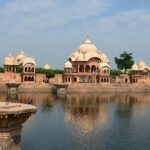What is special about Kolkata lies not in monuments or malls, but in its quiet, thoughtful rhythm. The city speaks slowly, through tram bells, poetry on walls, and the kindness of strangers. People share space, stories, and time with effortless grace. A pause here is not a delay; it’s part of the flow. What feels ordinary—chai at a corner stall or a hand-written sign—often leaves the deepest mark. Kolkata’s magic lives in its moments.
What is special about Kolkata lies not in one moment, but in many quiet, meaningful ones.
Morning Life Begins With Quiet Rituals
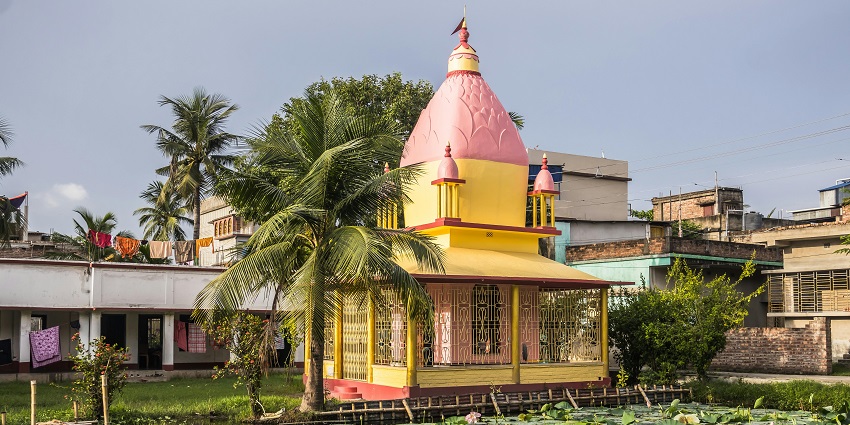
Photo: Ethan Sarkar / Pexels / Image For Representation Only
Kolkata mornings begin without alarms. Temple bells ring early, vendors set up fruits and fish, and milk arrives by bicycle. At Rabindra Sarobar, people walk, stretch, or recite poetry. Tea is brewed, and the radio plays soft Rabindra Sangeet. Rickshaw pullers wait patiently, hoping for that first fare. In North Kolkata, life stirs gently with the sounds of tradition. The city wakes up with care, not chaos. You feel welcomed not by noise, but by rhythm. It is a city that begins with attention, not urgency.
Tea Shops Create Spaces For Honest Dialogue
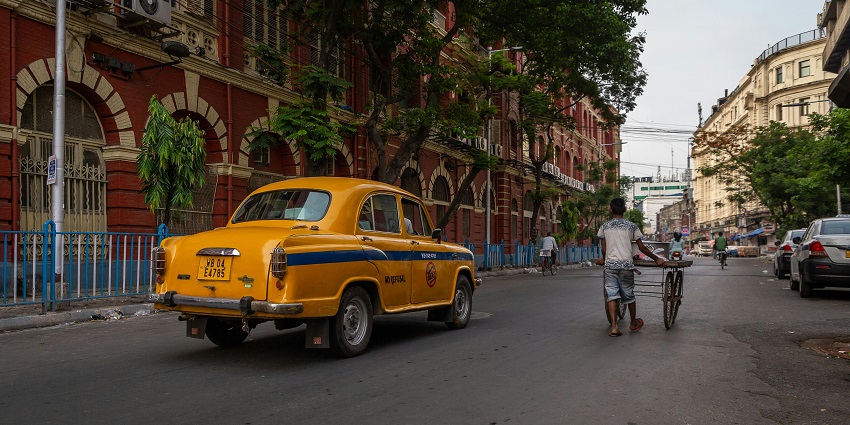
Photo: Shardar Tarikul Islam / Pexels / Image For Representation Only
Kolkata’s tea stalls are more than vendors—they’re spaces for thought and shared reflection. Known as cha er dokan, they gather students, workers, and retirees for open-ended conversations. In college areas, debates over films, exams, and politics run late into evenings. Here, everyone has a voice. Respect matters more than titles. Adda grows naturally, without planning or pressure. Some sip tea in silence; others speak for hours. These corners of Kolkata hold its thinking heart—one clay cup, one sentence, and one pause at a time.
Durga Puja Becomes A Collective Work Of Heart
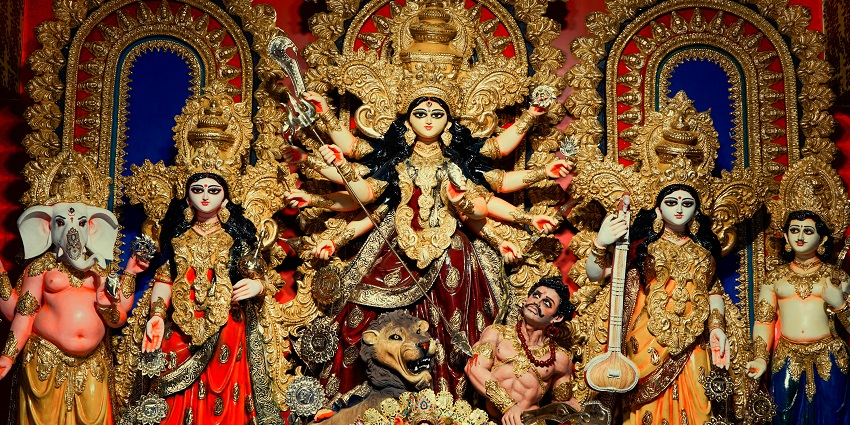
Durga Puja in Kolkata begins long before the festival days. Artisans shape clay idols from Ganga soil, while local committees plan themes, structures, and roles. Pandals rise with months of care. Each one reflects a neighborhood’s spirit. During the five days, people wander together, watching dancers, hearing conch shells, and sharing meals. Mahasaptami rituals bring banana trees to life, and on the final day, idols return to water. Tears, chants, and hope blend. Everyone contributes something. Puja is not watched—it is lived by every hand and heart.
Music Travels Through Every Part Of The City
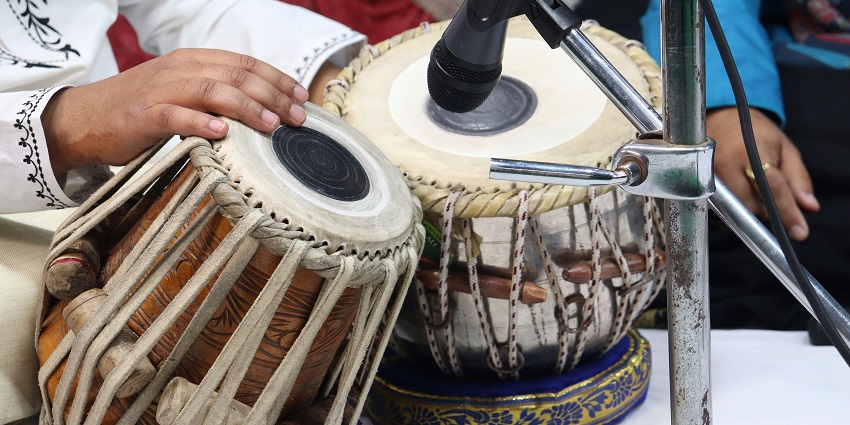
Photo: Saubhagya Gandharv / Unsplash / Image For Representation Only
Kolkata breathes music. In the morning, ragas drift from homes and music schools. Tagore’s songs echo in trams and tea stalls. Folk musicians sing on street corners. College students gather with guitars, blending tradition and now. Festivals carry the sound of dhakis and bauls. From Rabindra Bharati halls to footpaths in Shyambazar, melodies connect strangers. Music isn’t taught—it’s lived, passed down, repeated, and felt. Here, songs are not always performed. They are practiced, hummed, and shared quietly. Music doesn’t need an invitation—it simply exists, filling Kolkata’s corners.
Books Remain A Natural Part Of Daily Life
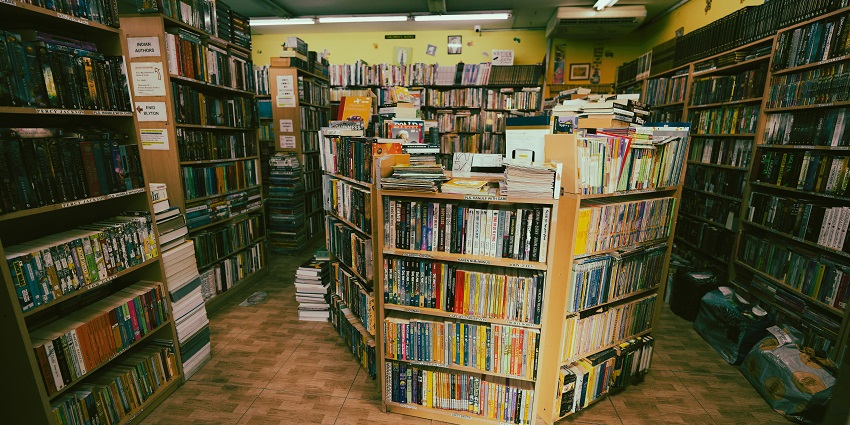
Photo: aboodi vesakaran / Unsplash / Image For Representation Only
In Kolkata, books are not decoration—they are conversation. College Street bustles with readers and sellers who know more than search engines. Students ask for titles and get five more suggestions. The Book Fair each winter draws thousands, not just for buying, but for bonding. Inside trams, at tea stalls, even at fish markets, you’ll spot people reading. Homes stack Bengali classics, world literature, and used textbooks with equal pride. In Kolkata, books breathe. They are held, marked, shared, remembered—never just owned. Here, reading is daily, not occasional.
Theater Lives In The Hands Of Its People
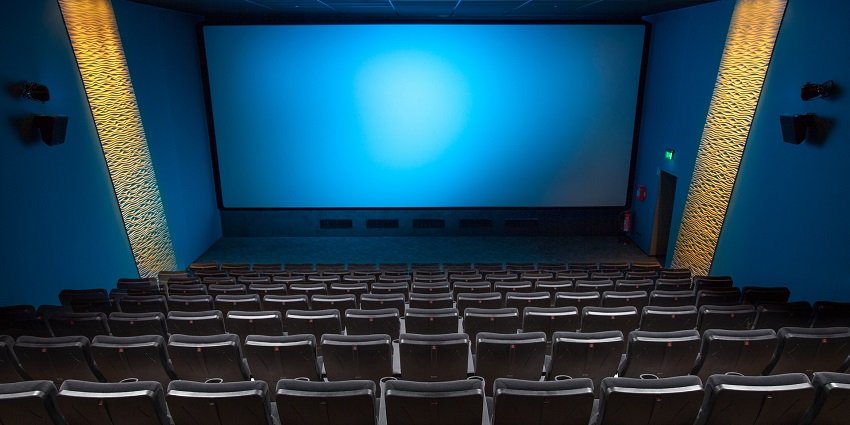
Photo: Derks24 / Pixabay / Image For Representation Only
Kolkata’s theatre pulses with purpose. From Minerva and Academy stages to backyard rehearsals, performance is everywhere. Groups like Nandikar and Bohurupee shaped a tradition of resistance, thought, and voice. Street theatre addresses real issues with honesty and strength. Actors here are teachers, drivers, students—ordinary people using stories to say what cannot be said otherwise. Plays aren’t just events. They’re conversations. Theatre is lived, not observed. In para festivals or college halls, scripts take life. Performance in Kolkata is not elite. It’s for and by the people.
Food Culture Reflects Memory And Emotion
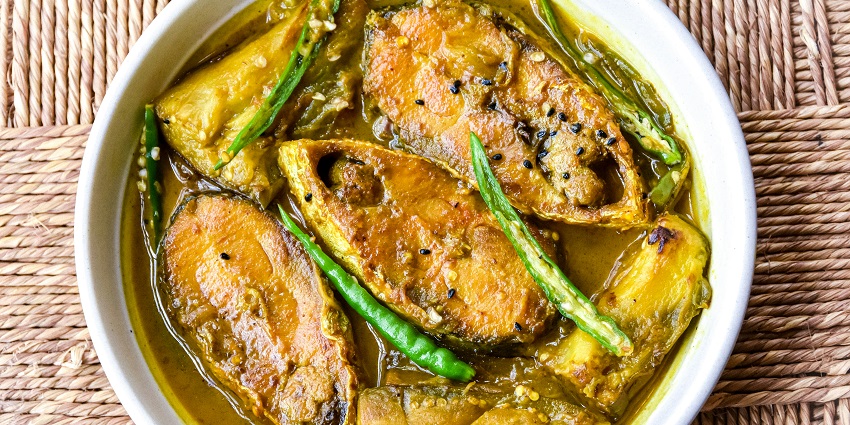
Photo: Abhik Paul / Unsplash / Image For Representation Only
In Kolkata, food is routine, ritual, and memory. Morning markets bustle with trusted vendors. Homes cook slowly—greens, lentils, fish, and sweets in a known rhythm. Each season brings its tastes: summer shukto, winter jaggery desserts, Sunday mutton. Recipes are not read—they’re remembered and shown. Street food like phuchka and ghugni carries personal touches. Every bite tells a story of family, habit, or weather. Cooking is shared, not rushed. Mealtime is where stories unfold. Here, food is more than flavor—it is memory made warm.
Old Streets Hold New Stories Every Day
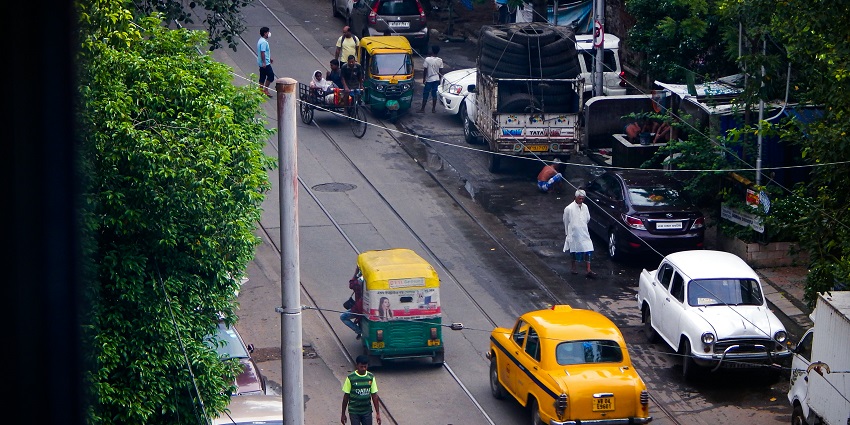
Photo: Harsh Aryan / Unsplash / Image For Representation Only
Kolkata’s lanes tell layered stories. Colonial-era buildings with red-oxide floors stand beside painted murals and modern graffiti. Vintage trams pass shrines and schoolchildren. Beadon Street, Amherst Row, and Hatibagan hold memory and motion. Street names appear in Bengali and English. Local walls speak politics, cinema, and prayer. The old isn’t hidden—it’s held close and adapted. Each street mixes past and present without fuss. You might walk past a 100-year-old tea stall beside a college protest. In Kolkata, streets never forget—but they always move forward.
Communities Grow With Trust And Shared Moments
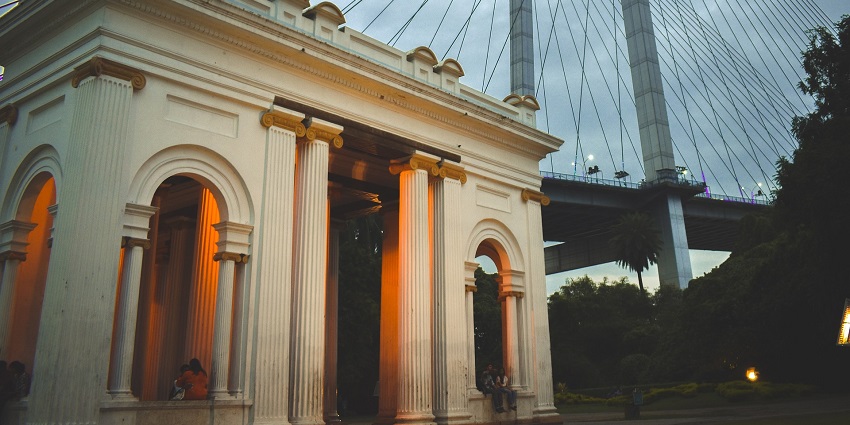
Photo: sanjaydas7081 / Pixabay / Image For Representation Only
In Kolkata, neighborhoods—called paras—are tightly woven social fabrics. Everyone knows something about everyone. Children visit five houses in an evening. Puja committees gather to plan festivals, food, and cleanup. Power cuts lead to shared stories, not silence. Elders are greeted with care. When help is needed, it arrives before asking. Street corners hold chairs and trust. In Lake Gardens or Jodhpur Park, kindness is expected. Even in busy hours, you’ll find someone pausing to ask, “Kemon achho?” That’s not formal. That’s Kolkata’s living trust in practice.
What is special about Kolkata is how it holds many identities without force. The city gives equal space to language, art, and care. A tram and an auto share the same road. Adda includes all voices. Kumartuli and College Street shape spirit and thought. The answer to Kolkata’s charm is not in a guidebook—it’s in slow, quiet acts. Book your trip today with TripXL.
Cover Photo: Amitav Hira / Unsplash


 WhatsApp
WhatsApp
 Twitter
Twitter

